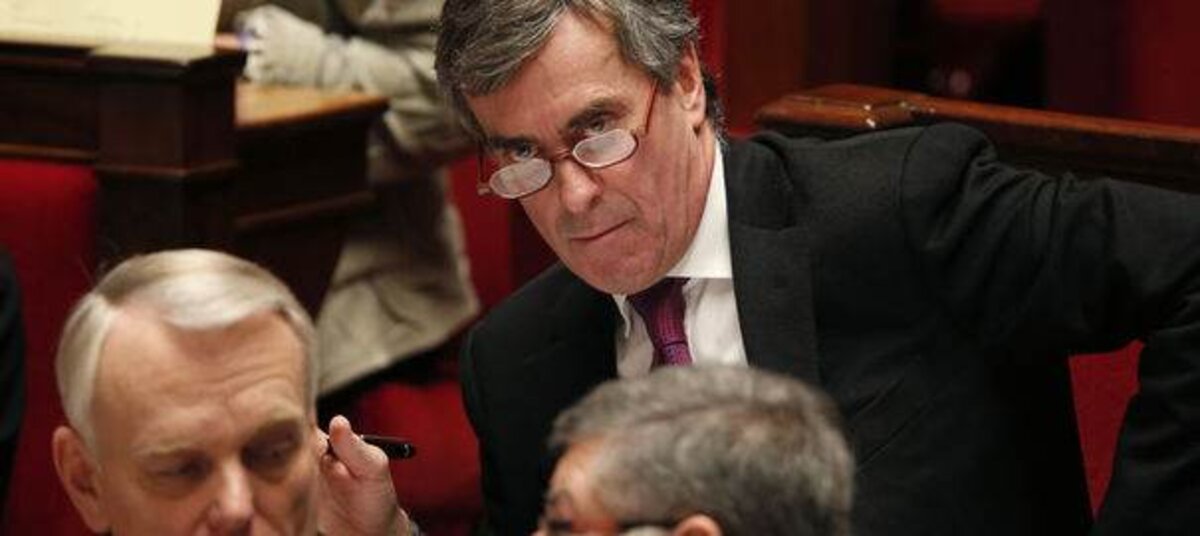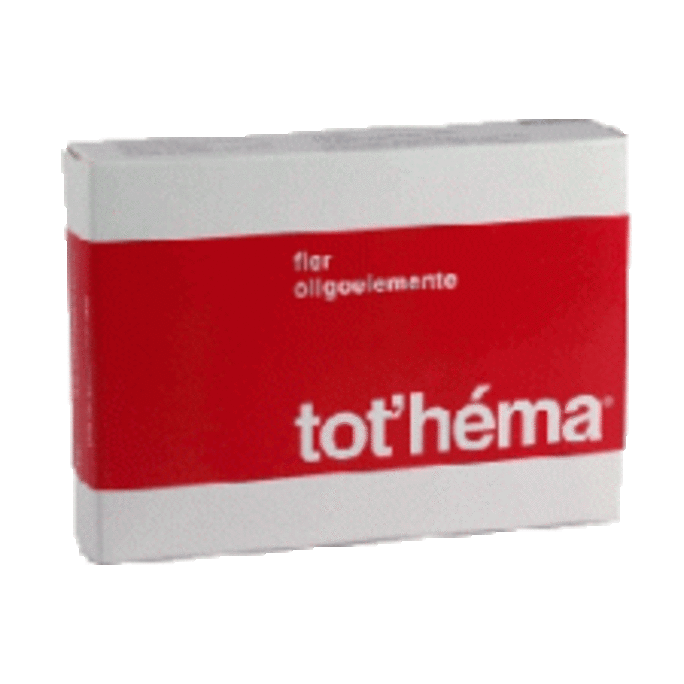Disgraced former French budget minister Jérôme Cahuzac last month finally confessed to holding a secret foreign bank account over a period of some 20 years, but he has not publicly disclosed the sums that were paid into it, nor from where they came.
However, there has been widespread speculation that the account, opened with the UBS bank in Geneva, was used to cash fees paid to Cahuzac for his services, during the 1990s, as a consultant for the pharmaceutical industry. Mediapart has now established that Cahuzac began a lucrative role as lobbyist for a drugs firm just months after leaving his senior post at the French health ministry where he was responsible for the market authorisations of medicines.
Cahuzac entered into a contract with French pharmaceutical company Innothera in September 1991, four months after he quit his job at the health ministry, where his role also included fixing the market prices of medicines. His mission with Innothera was to lobby among his former socialist government colleagues for the maintenance of social security refunds for prescription purchases of one of the company’s products.
Mediapart has gained evidence of an extraordinary conflict of interest that also raises serious questions over the conduct of Cahuzac’s former ministerial colleagues who allowed the Innothera medicine to continue to be sold partly subsidised by the social security system until 1994, when it was finally removed from the list of refundable medicines by a government decree that slammed its “unjustified” use and the “unjustified costs for the social protection systems”.
Forced to resign in March when a judicial investigation was launched into his suspected ownership of a secret foreign bank account, Cahuzac, 60, last month finally confessed - after months of denials before parliament and in the media - to holding the account, the existence of which was first revealed by Mediapart last December.

Enlargement : Illustration 1

Cahuzac was employed at the French health ministry between 1988 and 1991, under the two successive socialist governments of then-Prime Minister Michel Rocard, where his key mission for health minister Claude Evin brought him into close contact with the pharmaceutical industry.
A qualified surgeon who, before joining Evin’s staff, exercised in cardiology, Cahuzac eventually set up his own consultancy firm as advisor to the pharmaceutical industry in 1993. Before then, and over many years that followed, he also separately specialised in hair transplant operations in a clinic he ran with his wife Patricia. He was a Socialist Party Member of Parliament for a constituency in south-west France between 1997 and 2002, and again between 2007 and 2013, and was meanwhile elected as mayor of the constituency’s town of Villeneuve-sur-Lot in 2001, a position he held until 2012.
After President François Hollande’s election in May last year, he was appointed budget minister in the new socialist government but was forced to stand down over the judicial investigation launched into his secret foreign bank account in March this year. However, in his subsequent confession on April 2nd to holding the account, Cahuzac has not disclosed which drugs firms he was employed by for fees which at least in part transited via the secret account, nor the sums involved.

Mediapart can reveal that his contract with Innothera was established in 1991 for a minimum of one year, and included an annual fee to be paid to Cahuzac of 300,000 French francs - the currency at the time - which is equivalent to 45,734 euros. Cahuzac’s mission was to use his influence and contacts within the French health ministry to maintain the refunding by the social security system of 70% of the price of an iron-based dietary supplement produced by Innothera. The product, called Tot’héma, was an orally-administered liquid top-up of iron intake, prescribed by doctors to patients complaining of unusual fatigue.
The French social security system had for years refunded 70% of the cost of the drug when purchased with a doctor’s prescription for anaemia. But in 1991 it figured on a list of drugs earmarked by the health ministry for removal from the category of reimbursable medicines because it judged their use to be little justified.
An 'interface' between drugs firm and ministry
Contacted by Mediapart, a former Innothera employee recalled: “We know that the non-refundable [status] could come about at any time, but we hold on [sic]. Each month gained with the social security [refund] was millions of francs in the till.” In the end, Tot’héma retained its social security refund status until July 1994, one year after the election of a conservative government.
Tot’héma had been on the market since 1950, and by the late 1980s sales in France of the product, described to Mediapart by a former Innothera manager as “an outdated soup”, had significantly diminished. Most of the production was exported to African countries, where it was sold as a remedy for a lack of sexual drive, and where it symbolically featured a bull on its packaging label.

However, in February 1991, the product was given a new lease of life thanks to a decision by the then socialist health minister, Claude Evin, and which, given his position in the ministry, Jéröme Cahuzac – who set up as a consultant three months later - in all likelihood had a hand in preparing. That was when Evin struck off from the list of refundable pharmaceutical products a total of 141 medicines prescribed to combat fatigue, leaving just four on the market that were allowed to remain, initially until 1992, part-refundable, including Tot’héma.
The result was that Tot’héma’s sales boomed, for it was often prescribed - boosted by its promotion among doctors by Innothera reps - in place of those other anti-fatigue drugs that were no longer refundable.
Contacted by Mediapart about the nature of the contract established in September 1991 between Cahuzac and Innothera, Cahuzac’s lawyer, Jean Veil, refused to comment.
In December 2012, Innothera’s chairman and principle shareholder, Arnaud Gobet, whose grandfather created the company, initially told Mediapart: “I have never had any contract or mission with Jérôme Cahuzac.” Gobet added that all of the Innothera’s public relations activities in the early 1990s were managed by Daniel Vial, head of a company called PR International.

But since giving that statement last year, Gobet has hired French PR specialist Christophe Reille to act as his spokesman and, contacted by Mediapart, Reille now offers a different version of events. He confirmed that Cahuzac had indeed been hired by Innothera to act as an “interface” between it and the health ministry, and in particular concerning Tot’héma. Reille said Gobet was unable to confirm whether the 300,000-franc contract which he said was “effectively signed by the two parties” had been “executed or not, in that particular manner” because the accounts documents from the period were no longer available.
“The object of the mission given to Jérôme Cahuzac was to deliver advice and opinions on the regulatory strategy of the laboratory,” Reille said. “At that period, Tot’héma was targeted the most by the administration.” He added that if Cahuzac was remunerated for his services it would have been paid in France. However, this is apparently unverifiable because the accountancy documents from that time are now apparently missing.
Mediapart has learnt that Vial’s remuneration for the mission was even in part indexed against the number of sales of the product, although Vial said he “no longer remembers today” if this was so.
An 'unjustified' medecine that cost health system dearly
What is clear is that Jérôme Cahuzac lost no time in becoming an advisor to the pharmaceutical industry after leaving the health ministry in May 1991, and began the activity well before officially setting up his consultancy business for the industry, called ‘Cahuzac Conseil’, in October 1993, which declared a turnover of 1, 932, 500 French francs in its first operating year, equivalent to 294, 531 euros. Questioned on April 16th about his professional reconversion in an interview on French rolling news TV channel BFM TV, Cahuzac said: “I was not the only one, you know. And the thing is perfectly legal.”
Indeed, the rules in the early 1990s regarding civil servants and ministerial employees who move to the private sector were considerably less restrictive than they are today. The French government’s Deontology Commission, the Commission de déontologie, set up to give advice on rapid professional reconversions of the sort, was only created in 1995.
Olivier Fouquet was president of the commission between 2007 and 2012. He told Mediapart that Cahuzac’s swift move from a senior post in the health ministry to becoming advisor for the pharmaceutical business would have contravened the body’s current guidelines. “It is clear that the Deontology Commission, if it would have had to deliver a view on his case, would have given an unfavourable opinion,” he told Mediapart. “We are before an obvious conflict of interest, because in Evin’s ministry Jérôme Cahuzac looked after authorizations for medicines to be put on the market, price-fixing and so on, and that he quickly jumped to the other side of the barrier.”
The rapidity of his move raises the question of whether he had begun preparing his new role while still in the ministry’s employment and if so, what was the nature of his relationships with the pharmaceutical companies he was to soon serve.
Following Tot’héma’s sudden commercial renaissance in 1991, Innothera modified the ingredients of Tot’héma to make it more convincingly a drug to combat anaemia, and the company’s lobbyists Jérôme Cahuzac and PR chief Daniel Val met with disturbing success in keeping it refundable.
Meanwhile, in the summer of 1992, and as a result of the then mounting evidence of the potential threat of transmission to humans of BSE, or mad cow disease, the French government announced a ban on medicines that contained bovine tissue. The composition of Tot’héma, which contained bovine liver extracts, was accordingly changed and Innothera sold off a backlog of its older stock containing the liver extracts in Africa.
In June 1992, the health ministry approved the 70% social security refund of the drug for a further six months and, before this period ended, yet again prolonged its refundable status for another six months in September 1992, which took it to the moment general elections were held in France, in March 1993.
The socialist government which Cahuzac had served at the health ministry and within which he retained his contacts, was to lose the elections in a landslide victory for the conservative RPR and UDF parties. However, between the two rounds of the election, held March 21st and 28th, the then outgoing health minister Bernard Kouchner and social affairs minister René Teulade ordered that Tot’héma should be allowed to remain for yet another six months in the category of refundable drugs.

It was in July 1994 that Tot’héma finally lost its status as a refundable medicine, two and a half years after it was first threatened, in a government decree that slammed its “unjustifiable consumption, leading to unjustified costs for the social protection systems”.
Exactly when Jérôme Cahuzac ceased to work for Innothera is unclear. However, Mediapart has learnt that at some point during the period between September 1994 and September 1995 he was given free use of a 37-metre yacht then belonging to Innothera’s Arnaud Gobet for a Mediterranean cruise.
-------------------------
For more on the Jérôme Cahuzac affair, see also:
Behind the Cahuzac scandal, a political time-bomb hidden in Geneva
The Cahuzac affair: an A-Z of Mediapart's exclusive investigations and analysis
President Hollande's bold bid to clean up French politics
How much did he know? Now President Hollande faces questions over Cahuzac affair
Axed French budget minister admits secret foreign bank account
Fighting the organised crime of tax evasion
-------------------------
English version by Graham Tearse


